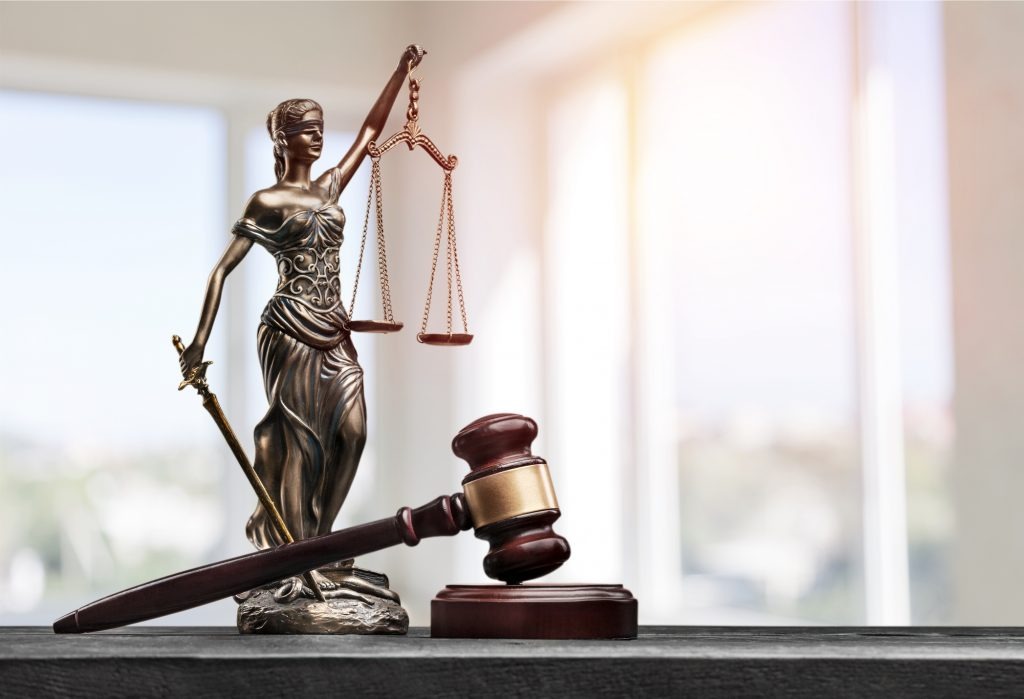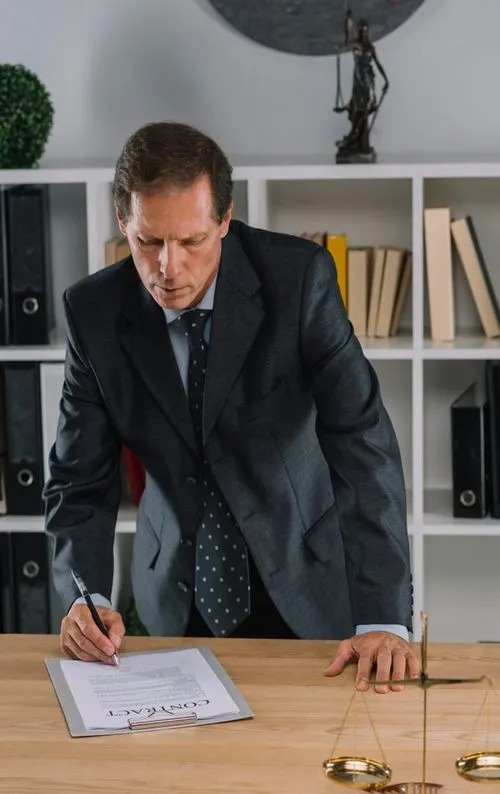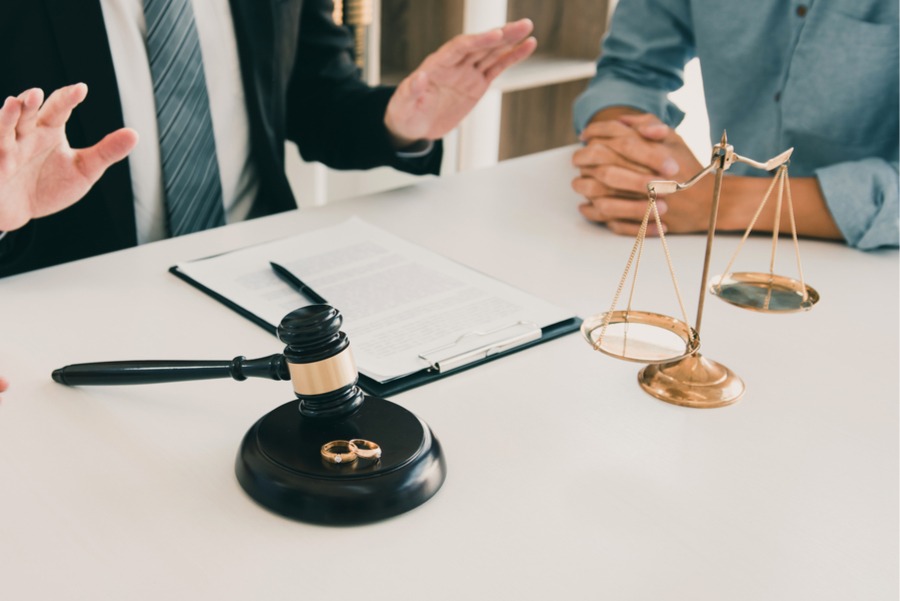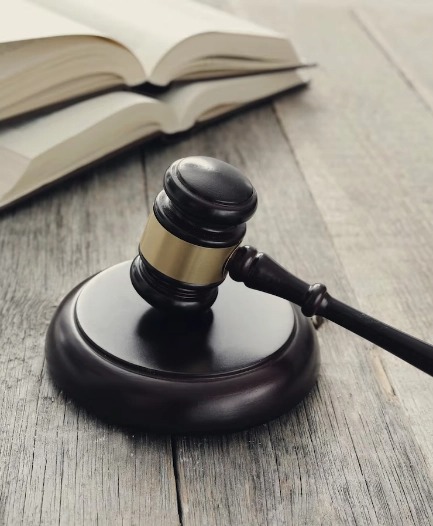Premise Liability
Premise Liability
When anyone gets a personal injury due to a defective or unsafe condition on someone else’s property, the legal issue that arises is premises liability. Laws and rules exist for all types of incidents you may face on someone else’s property. Tripping or slipping on a surface are some of the most common ways to get injured anywhere, but what if that wet floor wasn’t yours?
More than 8 million people visit the emergency room every year due to fall accidents, with hip fractures and head injuries being the most common fall results. Not only that, but employers in the US also reported that the injury and illness rate among employees is 2.8 per 100 cases. These stats are enough to confirm that premise liability injury laws are essential to support victims financially during tough times. In this article, we try to explain premises liability and provide common questions and answers.

Difference Between Personal and Premise Liability

Negligent Hiring, Training, Retention, and Supervision
All the negligence, intentional fights, and recklessness from employees make their employers liable for premises liability. That said, employers should already know an employee’s behavior and the potential risk he or she poses to others.
Employers usually keep themselves protected through insurance policies to cover the wrongful acts of their employees. However, it may take time to prove that an employer or business owner was negligent in hiring, training, supervising, or retaining the employee. Here are some of the things you need to prove an employer’s negligent hiring, training, supervision, and retention.

Some Types of Premise Liability
Premises liability accidents can happen to anyone in any kind of property including, but not limited to, office buildings, malls, retail stores, apartments, government buildings, private homes, and parking lots. Here are some types of premises liability accidents that can lead to a lawsuit in case the property owner is found liable.
Q&A


